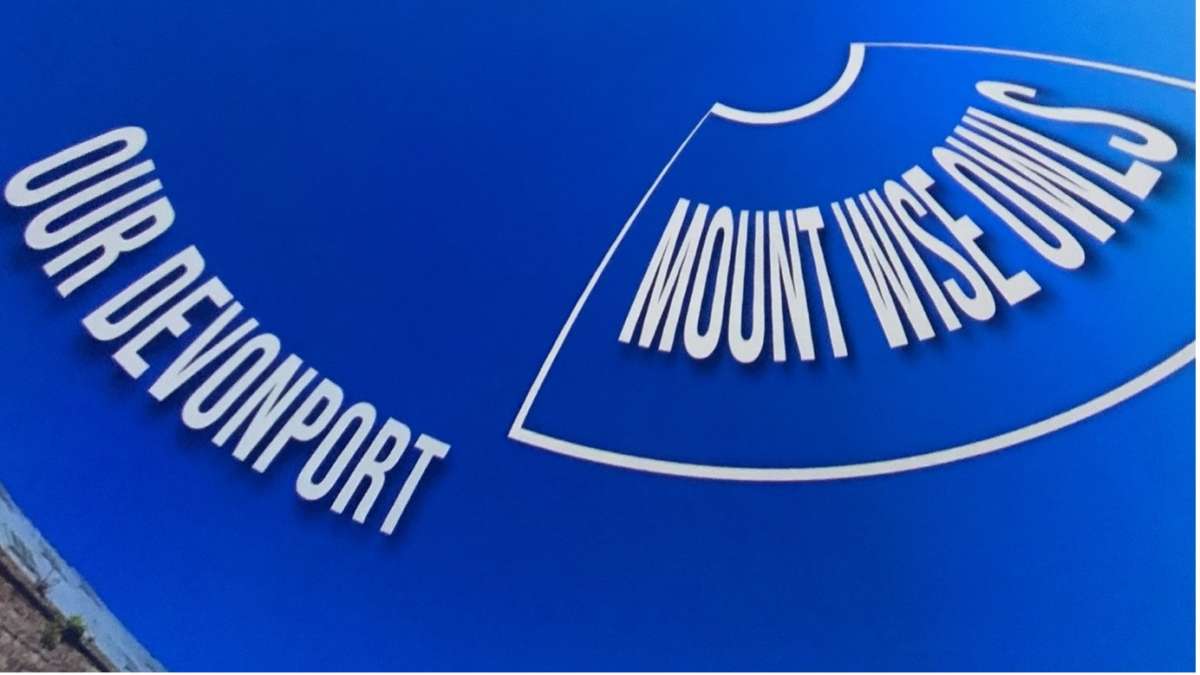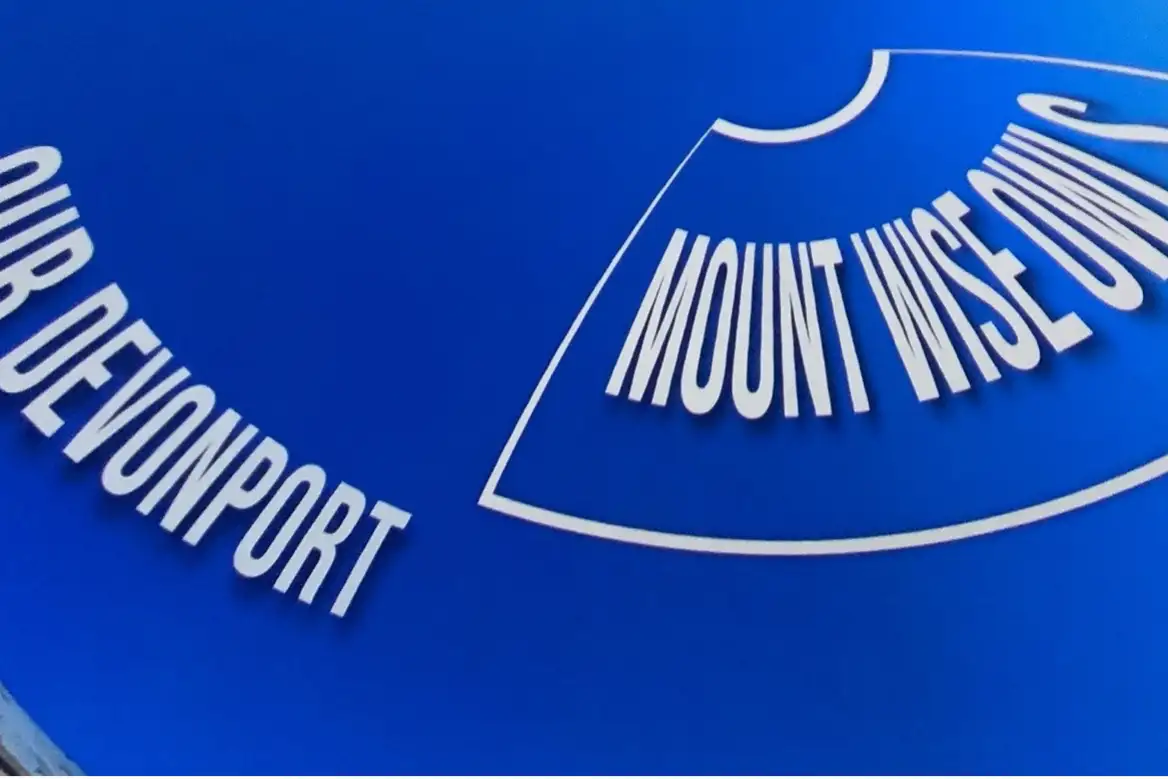Putting 360 film technology in the hands of primary school children

Title sequence 360-style. Credit: Real Ideas. This case study tells the story of an incredible immersive film project led by Year 6 primary school pupils in Plymouth. Written and led by Real Ideas.
This is one of 25 case studies highlighting the value of arts in schools and education settings, curated by arts education researcher Sarah B Davies. The suite of case studies illustrates the research The Arts In Schools: Foundations for the Future, by Pauline Tambling and Sally Bacon, due to be published in 2023.
About the project
Market Hall is a world-class space for immersive technology and learning situated in the heart of Devonport in Plymouth. A £7.6 million development of the historic Grade II listed Victorian market, it offers incredible immersive experiences and events suitable for all ages and opened in July 2021. At the heart of the development is a state-of-the-art, 15 metre immersive dome equipped with the highest quality video and audio systems able to run VR, AR, mixed reality, animation, games software, 360 recorded and live action and multiple audio systems.
Market Hall is led by Real Ideas, working with Plymouth City Council and a number of key organisations and institutions in Plymouth and beyond, and has received support from Arts Council England, DCMS and ERDF funding.
As well as being the Bridge Organisation for the south-west, Real Ideas is a social enterprise and cultural organisation in its own right. As an organisation firmly rooted in its local community, engagement with that community is very important, both in terms of offering a welcome and in terms of building and sustaining creative aspirations. Equally, children and young people are core to Real Ideas’ work and we were keen to work with schools local to Market Hall from the beginning. With Mount Wise Community Primary School less than a 10-minute walk away and already a school we were supporting through Artsmark it seemed a really positive place to build further connections.
Both the Market Hall and Mount Wise are located in Devonport, one of the most deprived wards in the country. Mount Wise has a Free School Meal eligibility of over 57% compared to the national average of 23%. The project was designed in conjunction with the school to put cutting edge technology and the means of creative production in the hands of children to positively influence future aspirations and also to test out practical ways to engage primary-aged children in 360° film making through school-based activity. It was also designed to provide the 41 children across two Y6 classes with an innovative post-SATS project and led to an ‘end of year’ event in the form of a mini 360° film festival in the immersive dome to which parents and the school community were invited.
And so the idea of ‘Our Devonport Through 360 Film’ was born, a project that ran in the final half term of the 2021-22 academic year and would allow the pupils to film their local area and the places that meant the most to them with 360 degree cameras, culminating in a special screening of their work to the school community, friends and family.
What worked well
A plan quickly evolved that settled project delivery in the post-SATS period, with 5 weekly one-hour workshops on site at the school as part of curriculum delivery. These were ‘top and tailed’ by two visits to the Market Hall, one to be introduced to the immersive dome and to set the challenge and the other the final screening.
Simplicity was a key driver for the project from the outset, both in terms of planning and delivery but also to enable as much freedom as possible for the pupils to engage with the technology and enjoy the process of 360 filmmaking rather than get bogged down in technicalities. Pupils were split into 5 groups in each class (the main constraint being 5 cameras!) and each group was tasked to plan and capture a one-take, one minute piece of film that reflected their Devonport. They needed to consider locality, what would happen within that one minute and – crucially as we all found out – how to get those who didn’t need to be in shot out of shot (something easier said than done when using a 360 camera!).
The pupils engaged instantly and needed little direct instruction in the use of the cameras, working out really quickly how they could be used. This was helped by the freedom to get out and about in the school grounds to film and experiment, with the first challenge being ‘take some footage in which you can’t be seen’ and them trying approaches and then deleting files that didn’t work. A later challenge of seeing things from a new perspective was equally engaging and challenging and both allowed the pupils to begin to understand the nature and opportunities of 360 film making.
Subsequent sessions focused on planning, final filmmaking and simple editing with teachers using the time between sessions to help students with considering locations, thinking about storyboarding, and sharing out roles and responsibilities.
Between the final school session and the dome screening, Real Ideas staff completed a final edit, adding titles and credits. They also created a special surprise outtakes reel that, in many ways, captured the learning, engagement, potential and impact of the whole project more successfully than anything else in 4 minutes of laughter, wonky angles and startling closeups!
The final screening was genuine joy. The staff and pupils were delighted to see their own work – and themselves – in huge, stunning 360; the local area was delightfully and genuinely presented; and new people, families and friends attended the Market Hall for the first time, helping supporting community engagement and building new and ongoing audiences.
The teachers were delighted by what they described as ‘an amazing opportunity… allowing us to create with a purpose and watching us shine.’ One also praised the project for ‘bringing learning to life’ which speaks to the real in Real Ideas and resonates with the original intention to put those new means of digital production into the hands of those who might not otherwise have access to them and thus give them agency in their own learning. The hope is that, as another teacher stated, the project has been successful in ‘inspiring the next generation of 360 film makers.’
What was challenging
Challenges across the project were minimal because it was very much a collaborative process. Post the pressures of SATS there was a certain freedom that allowed the project to be delivered as part of the school day and link to a range of curriculum areas. Initial concern about the potential complexity of 360 and the kit was unfounded with the pupils finding their way with it almost intuitively.
What can others learn?
Overall, the project was a positive experience. For the headteacher, the sense of curriculum potential was foremost, as he commented, ‘This could lead to all sorts of perspectives on learning.’ For Real Ideas this is also key. As the pressures of both curriculum accountability measures and costs dominate in the education system, arts and cultural activity can seem ephemeral ‘nice-to-haves’ so it is essential to provide an offer that can link to curriculum delivery or provide those fresh perspectives on learning.
For Real Ideas the project has been a clear manifestation of the advice and guidance we share in our Bridge role, highlighting the place and importance of co-construction and cooperation between the education and arts and cultural sectors; about building creative aspiration and highlighting future pathways at an early age; and building collaboration and partnership at a local community level.
Practically, it has also led to the design of an ongoing offer to schools to enable more young people to engage with the potential of 360 immersive. The project has laid the template for both a curriculum-based 360 film making offer in schools and also an out of hours offer that can sit as part of after school club/wrap around care provision. A further step has been the development of ‘Dome In A Day’ that enables participants to explore, film and enjoy their own 360 content in the dome across a day of activity which has been delivered to a range of audiences, including secondary school student and 18-24 year olds on employability pathway courses. And then there’s sensory content for those with a range of additional and complex needs.
And that is just to scratch the surface of the potential to get immersed in 360.




